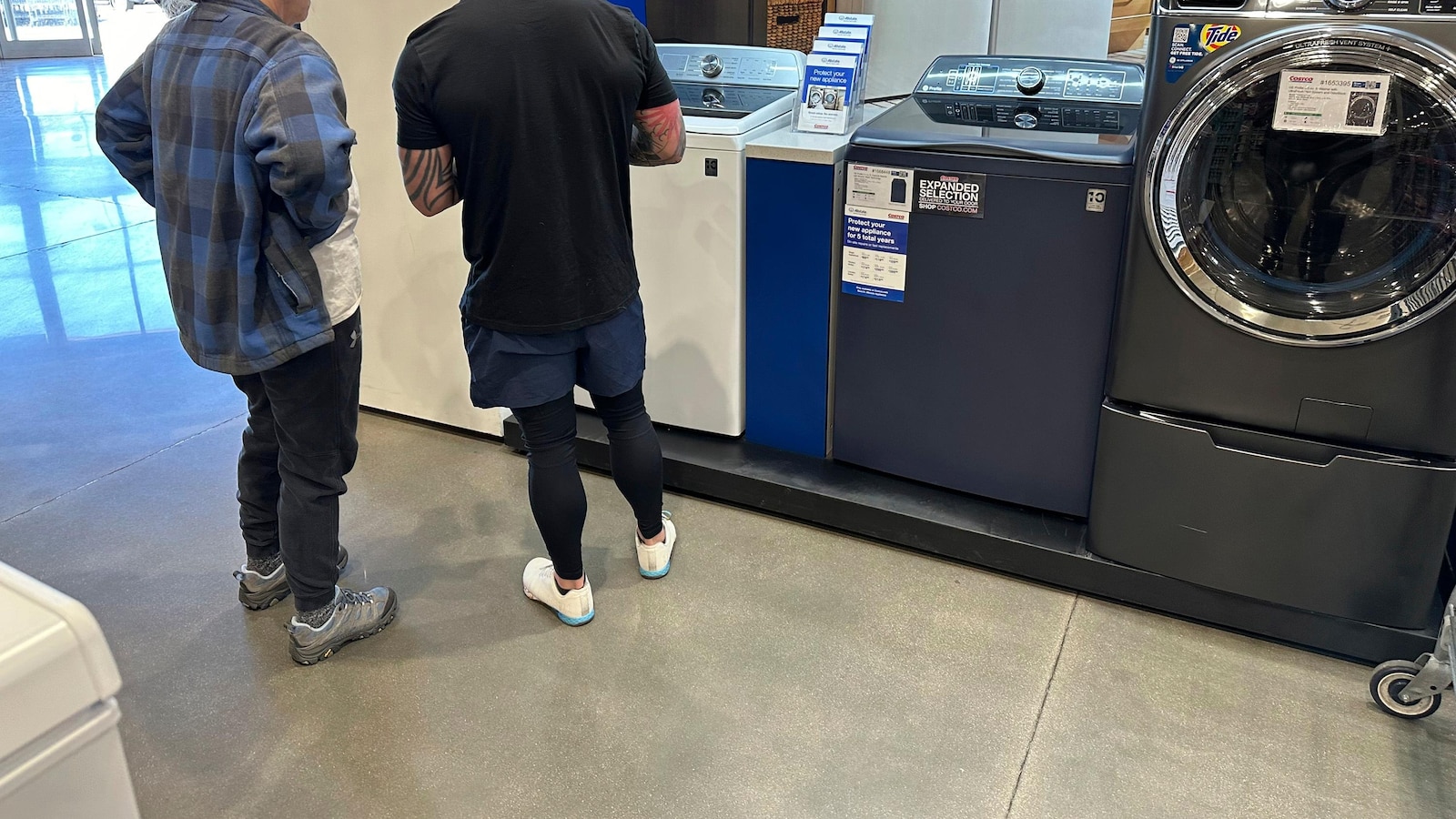[ad_1]
WASHINGTON — A price gauge closely tracked by the Federal Reserve cooled slightly last month, a sign that inflation may be easing after running high in the first three months of this year.
Friday’s report from the Commerce Department showed that an index that excludes volatile food and energy costs rose 0.2% from March to April, down from 0.3% in the previous month. Measured from a year earlier, such so-called “core” prices climbed 2.8% in April, the same as in March.
Overall inflation climbed 0.3% from March to April, the same as in the previous month, and 2.7% from a year earlier. April’s year-over-year inflation figure was also unchanged from March.
The Fed tends to favor the inflation gauge that the government issued Friday — the personal consumption expenditures price index — over the better-known consumer price index. The PCE index tries to account for changes in how people shop when inflation jumps. It can capture, for example, when consumers switch from pricier national brands to cheaper store brands.
Inflation fell sharply in the second half of last year but then leveled off above the Fed’s 2% target in the first few months of 2024. With polls showing that costlier rents, groceries and gasoline are angering voters as the presidential campaign intensifies, Donald Trump and his Republican allies have sought to heap the blame on President Joe Biden.
Fed officials have said they would need to see at least several mild inflation reports before they would be comfortable cutting their benchmark interest rate.
In the past couple of weeks, a stream of remarks by Fed officials have underscored their intention to keep borrowing costs high as long as needed to fully defeat inflation. As recently as March, the Fed’s policymakers had collectively forecast three rate cuts this year, starting as early as June. Yet Wall Street traders now expect just one rate cut this year, in November.
One influential Fed official, John Williams, president of the Federal Reserve Bank of New York, said Thursday that he expects inflation to start cooling again in the second half of the year. Until it does, though, Fed Chair Jerome Powell has made clear that the central bank is prepared to keep its key rate pegged at 5.3%, its highest level in 23 years.
The central bank raised its benchmark rate from near zero to its current peak in 15 months, the fastest such increase in four decades, to try to tame inflation. The result has been significantly higher rates for mortgages, auto loans and other forms of consumer and business borrowing.



